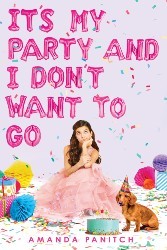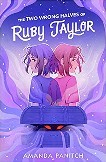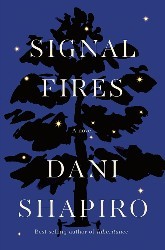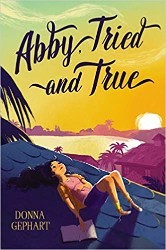
As a kid, being Jewish made me anxious. Though, to be fair, everything made me anxious: getting up in front of a crowd; speaking to people I didn’t know, sleeping in unfamiliar places. It was just that being Jewish, at least in my experience, meant doing all those things frequently: singing prayers in front of the congregation; getting to know endless kids from other chapters of the Jewish youth group at Shabbatons, or sleepaway camp, or dances (dancing made me especially anxious). I might not have had a word for the anxiety I felt, but I knew I didn’t like the way my stomach roiled or sweat popped out all over my body, or the way I wanted to run and hide every time my tongue stumbled on a word I immediately thought was stupid.
Don’t get me wrong, I loved (and still love) being Jewish: the feeling of belonging to a close-knit people; our rich history, culture, and food; the melodies of the prayers we sing every Shabbat, and the cozy knowledge that other Jews around the world are singing them then, too. It’s true that anxiety is a Jewish stereotype — the verdict is out on whether it has a basis in truth or not, but I find it hard to believe that thousands of years of displacement and attacks, both physical and metaphorical, on us as a people haven’t had an effect.
A thread of anxiety runs through some of my favorite Jewish middle grade books coming out this year — ranging from historical settings to modern settings, and looking at anxiety surrounding Judaism or anxiety circling other parts of a kid’s life. Is that specific to Jewish books, or is anxiety a part of all, or most, middle grade because it’s a part of all, or most, middle graders’ lives? Not sure! But either way, the following books are excellent and relatable for any kid who’s been anxious, which I assume is all kids right now, because have you met 2020?
In A Ceiling Made of Eggshells by Gail Carson Levine, the anxiety is palpable from the title: the main character, Loma, is a Jewish girl in fifteenth-century Spain, where virulent antisemitism means that the sky above could come crashing down on the Jewish population at any moment. Loma asks her grandmother in the very first chapter of the novel, “Will we be safe?” Loma is brave, smart, and resourceful, but there’s only so much one girl can do against the world, and she knows that.
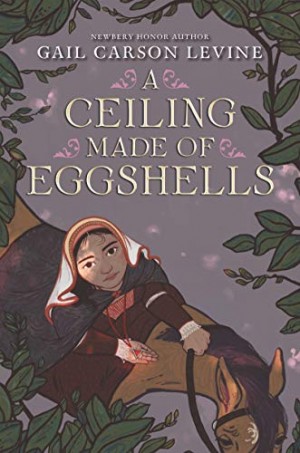
Not Your All-American Girl by Madelyn Rosenberg and Wendy Wan-Long Shang follows sixth-grader Lauren, the only half-Jewish and half-Chinese girl at her school in 1984 America. Like Levine’s book, much of Lauren’s anxiety comes from her environment — while she’s the best singer in school, she’s stuck in the ensemble of her school’s big play because her drama teacher can’t visualize a non-white, non-Christian person as the lead, who’s supposed to be an “All-American Girl.” She might be anxious about where she stands in relation to the rest of town — especially her white best friend — but she’s also hilarious and spunky as she works through it all.
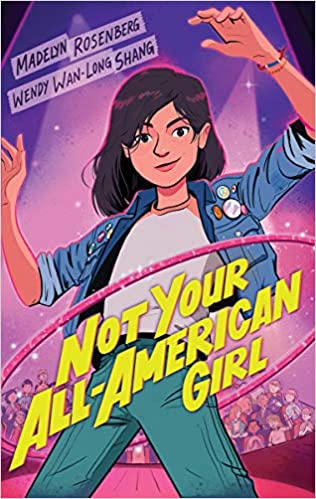
Get a Grip, Vivy Cohen! by Sarah Kapit is a novel told in letters and emails between eleven-year-old aspiring pitcher Vivy Cohen and her idol, Major League baseball player VJ Capello. Vivy is proudly Jewish, but most of her anxieties don’t stem from that — rather, she’s subject to both ableist and sexist taunts, as she is the only girl on her new team and the only kid who has autism. She chafes against her protective mother attempting to assert control over her playing. If she’s going to knuckleball her team to a win, she’s not just going to have to gather the nerve to face her bullies, but her mother as well. Both Vivy and VJ are compelling characters as they work through the challenges against them, and I loved the autistic representation from an #ownvoices author.
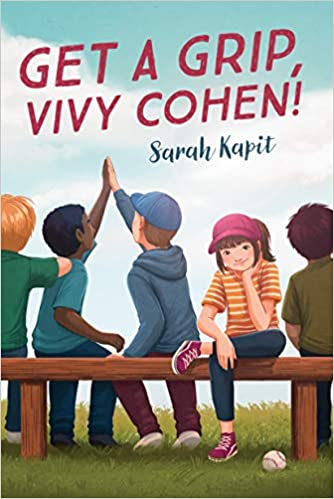
A Place at the Table by Saadia Faruqi and Laura Shovan splits the spotlight between two sixth-graders: Elizabeth, who is Jewish, and Sara, who is Muslim. Both girls have mothers who are immigrants and studying for their citizenship tests, and — among other things — feel anxiety about their mothers not passing. Both also experience anxiety related to their religions: Sara faces a lot of discrimination for being one of the only Muslim kids in their school, and stresses out about not fitting in, especially on holidays like Halloween; Elizabeth worries for her mother, a convert, who is referred to as a shiksa by her Jewish-by-birth grandmother. Ultimately everything comes together in the most delicious (literally) climax. I dare you not to drool at the included recipe.
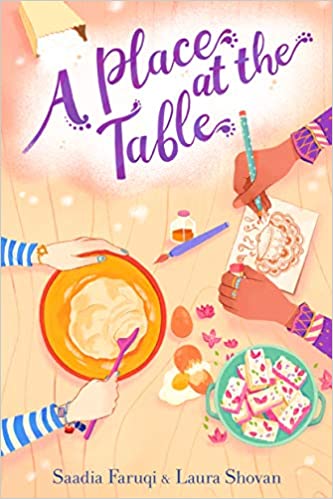
In Turtle Boy by M. Evan Wolkenstein, seventh-grader Will is afraid of everything, and wants nothing more than to spend his life hiding in his shell from anything that might hurt him — whether the hurt is emotional, like the taunts he takes for his facial difference, or physical, like the harm that might result from a roller coaster crash or floundering in the ocean. But when he’s forced to visit a boy in the hospital (which, naturally, he’s afraid of) as a bar mitzvah project, he finds himself having to poke his head out of his shell and face his fears.
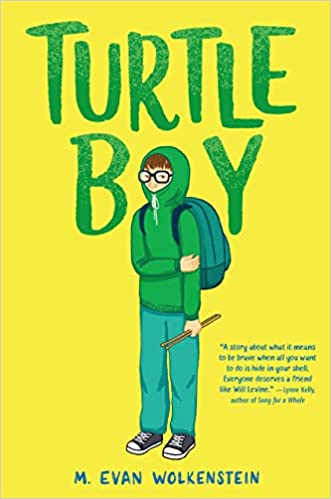
Finally, in It’s My Party and I Don’t Want to Go by Amanda Panitch (me!), Ellie can’t breathe and feels sick when she has to talk to strangers or get up in front of a roomful of staring eyes — so how can she possibly have her bat mitzvah, which means all those things times a hundred? Cue her hilarious foolproof, one-hundred-percent perfect, no-way-it-can-fail plan for bat mitzvah sabotage… which after some email hacking and food fighting quickly gets out of hand. Before Ellie knows it, she’s fighting with her best friend and facing the possibility of feeling like a kid forever. The hardest part about having a bat mitzvah and becoming an adult might be facing your fears and asking for help. I put a lot of my own experience into Ellie’s, and I hope that kids who are feeling anxious about the world today are able to connect with that and with the other books on this list.
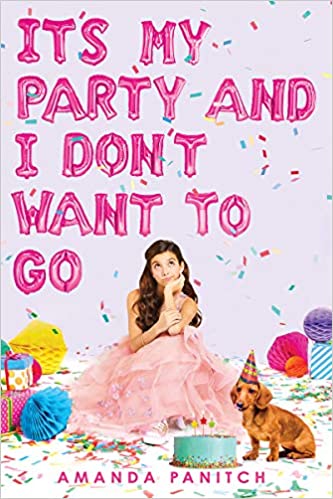
Amanda Panitch spent most of her childhood telling stories to her four younger siblings, trying both to make them laugh and scare them too much to sleep. Now she lives in New York City, where she writes dark, funny stories for teens, kids, and the pigeons that nest on her apartment balcony. Visit Amanda online at amandapanitch.com.
